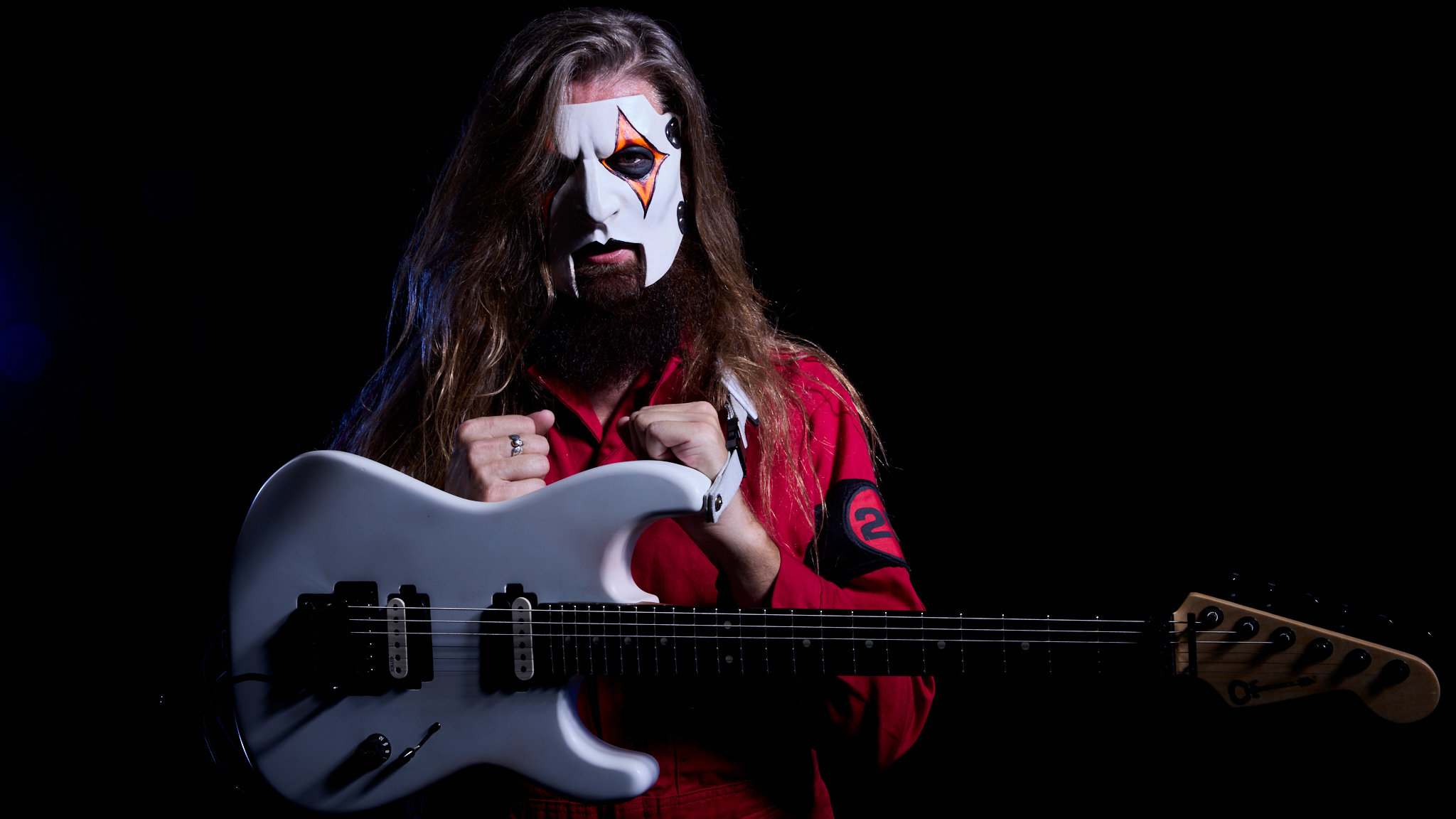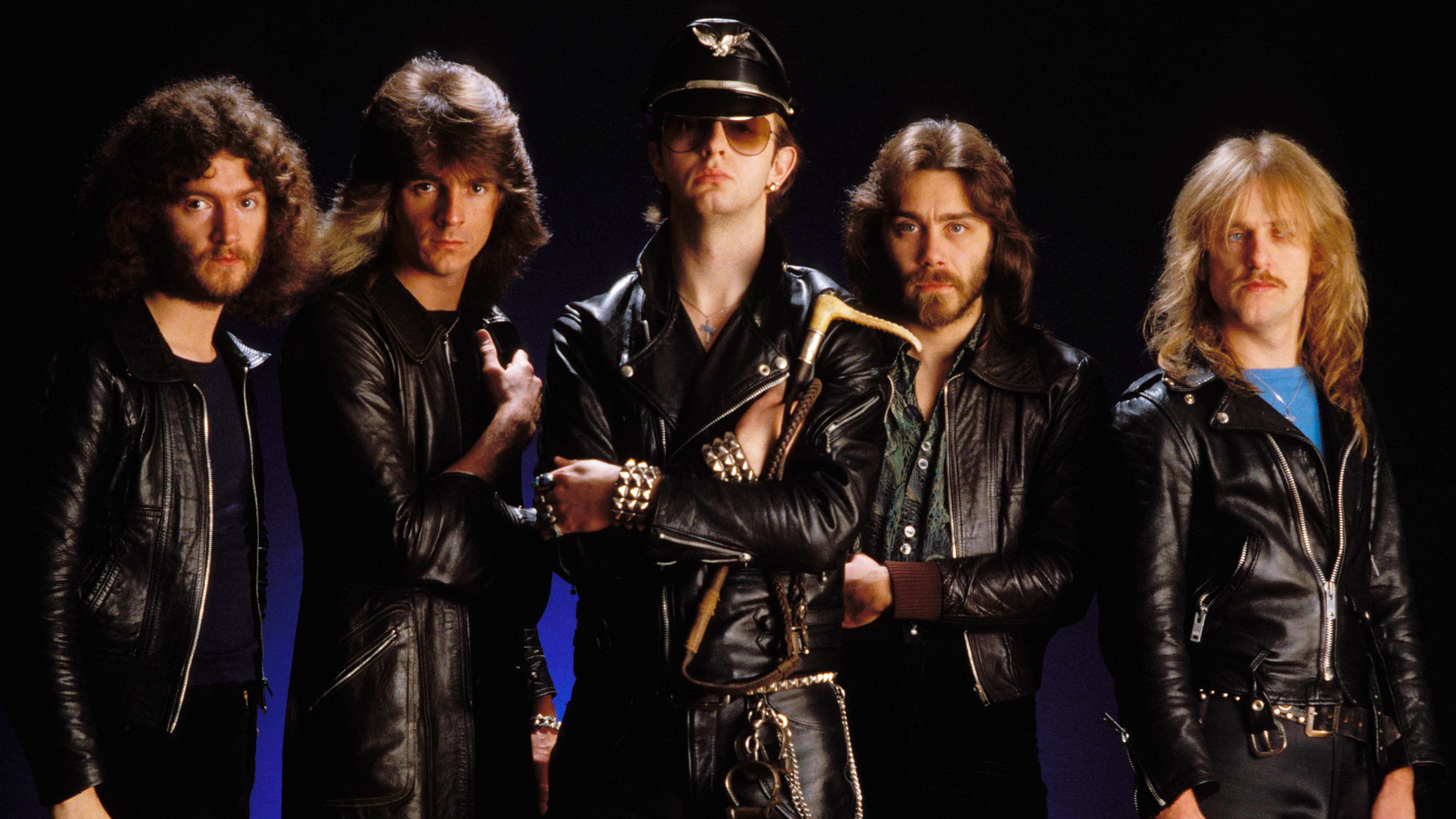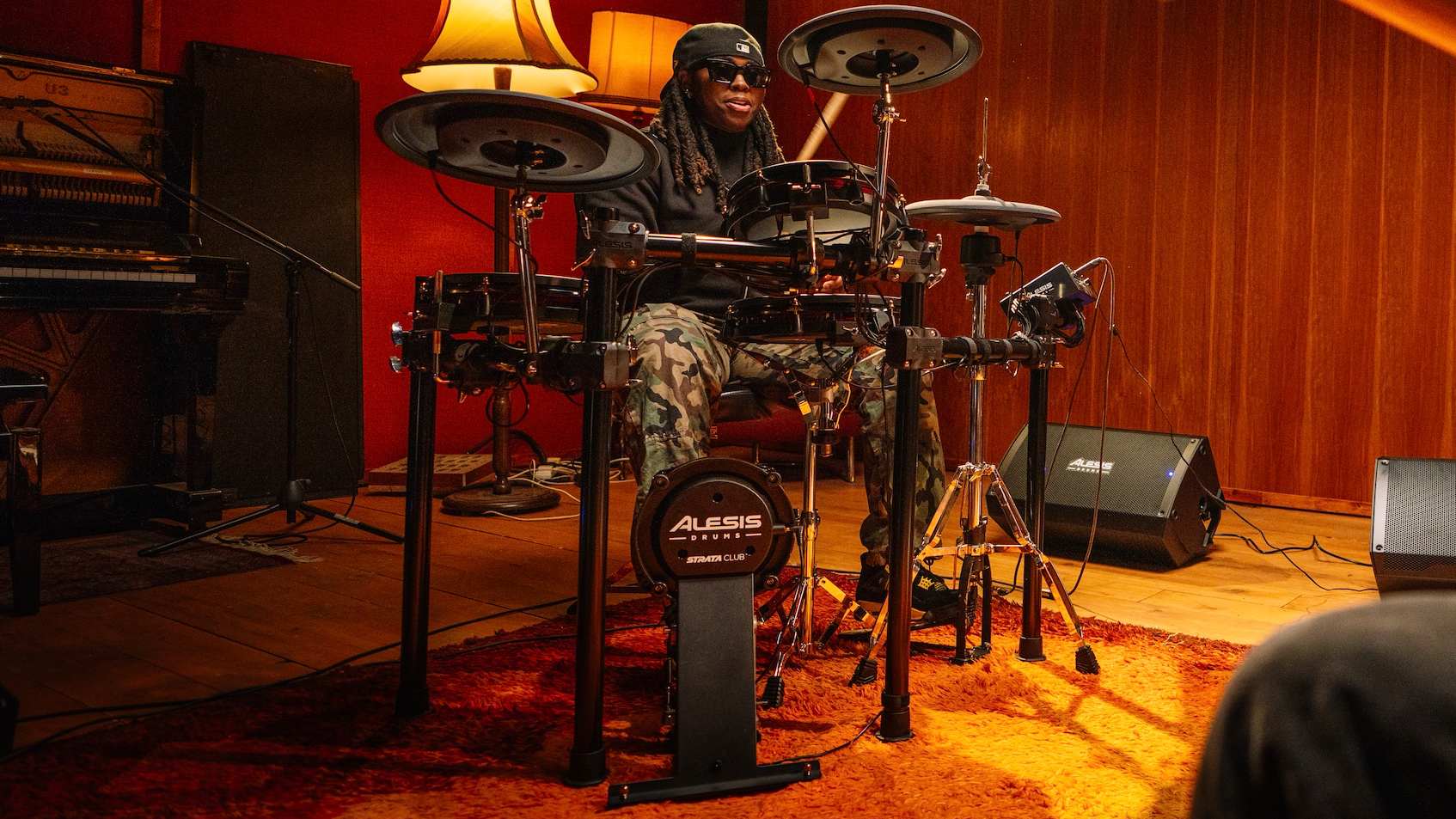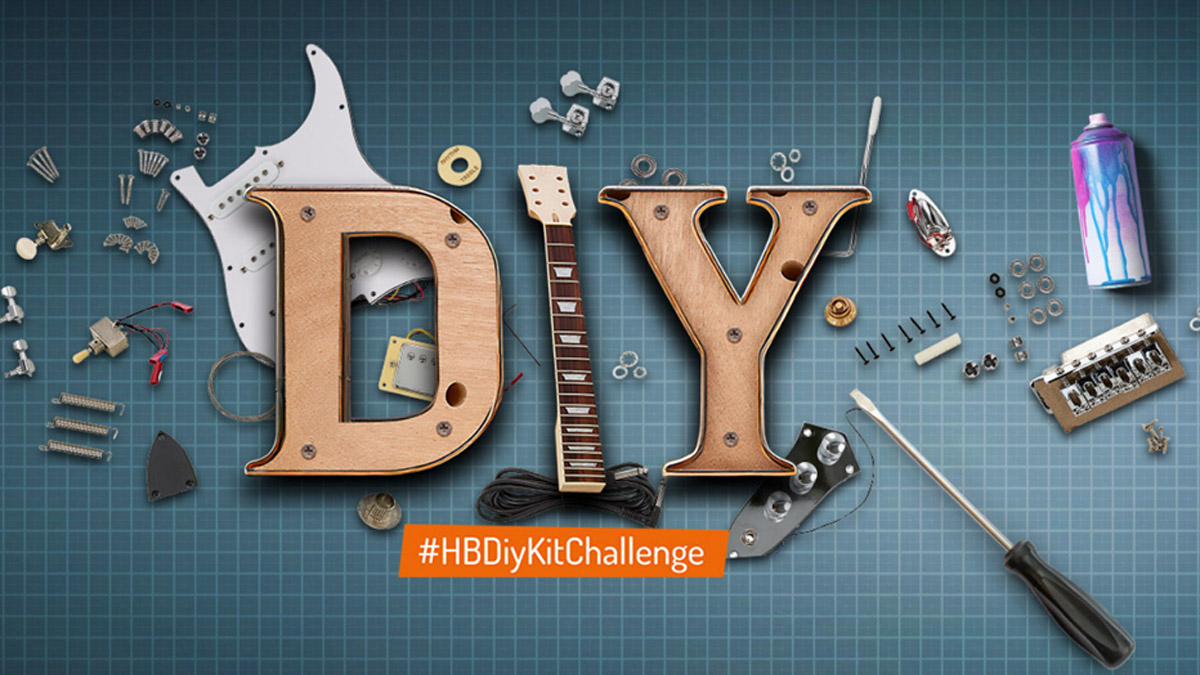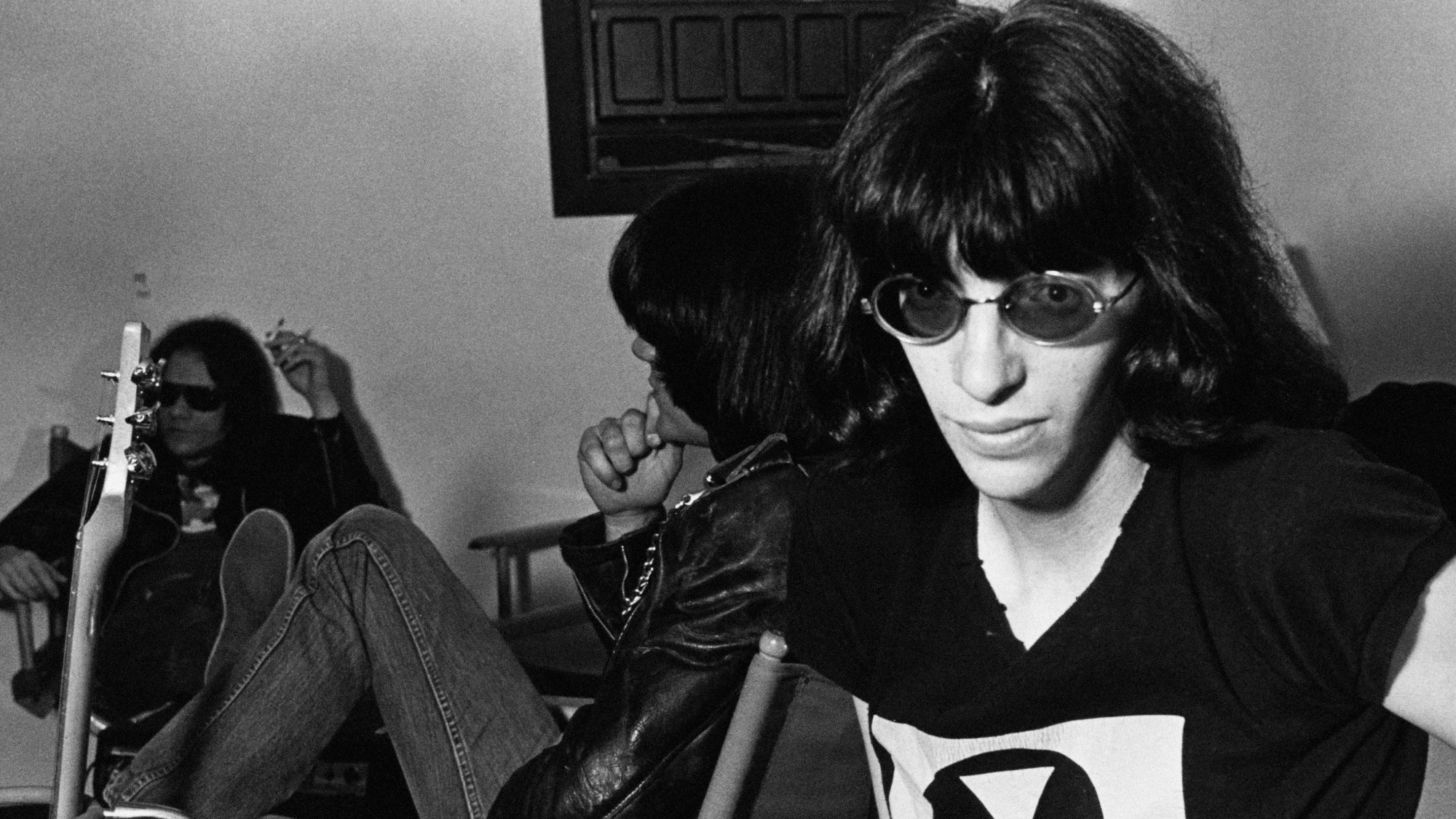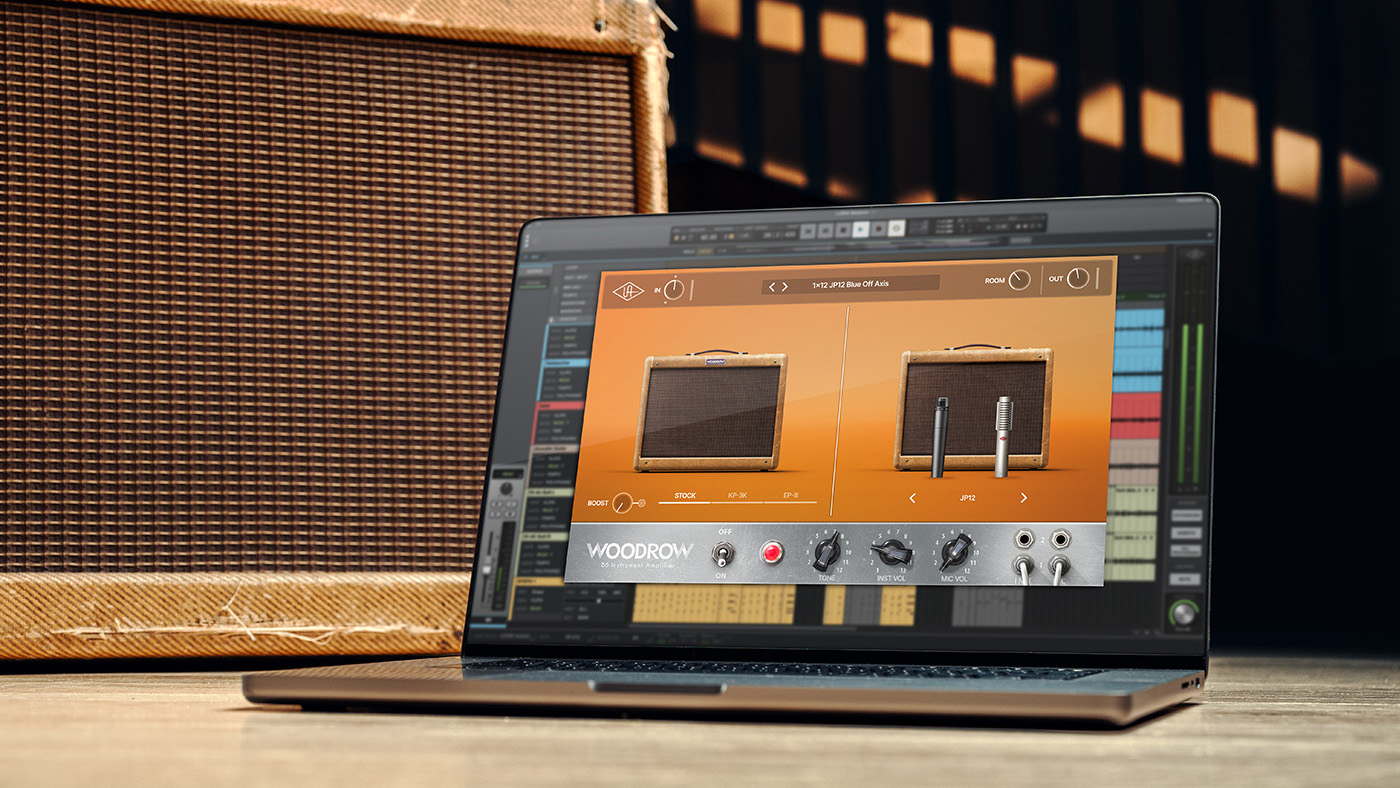Noga Erez: "Going back and playing a song on the piano is the best test to check whether your song is based on production more than you wanted"
Described as the "Israeli answer to Björk", this classically trained musician's career changed direction after a crash course in Ableton Live
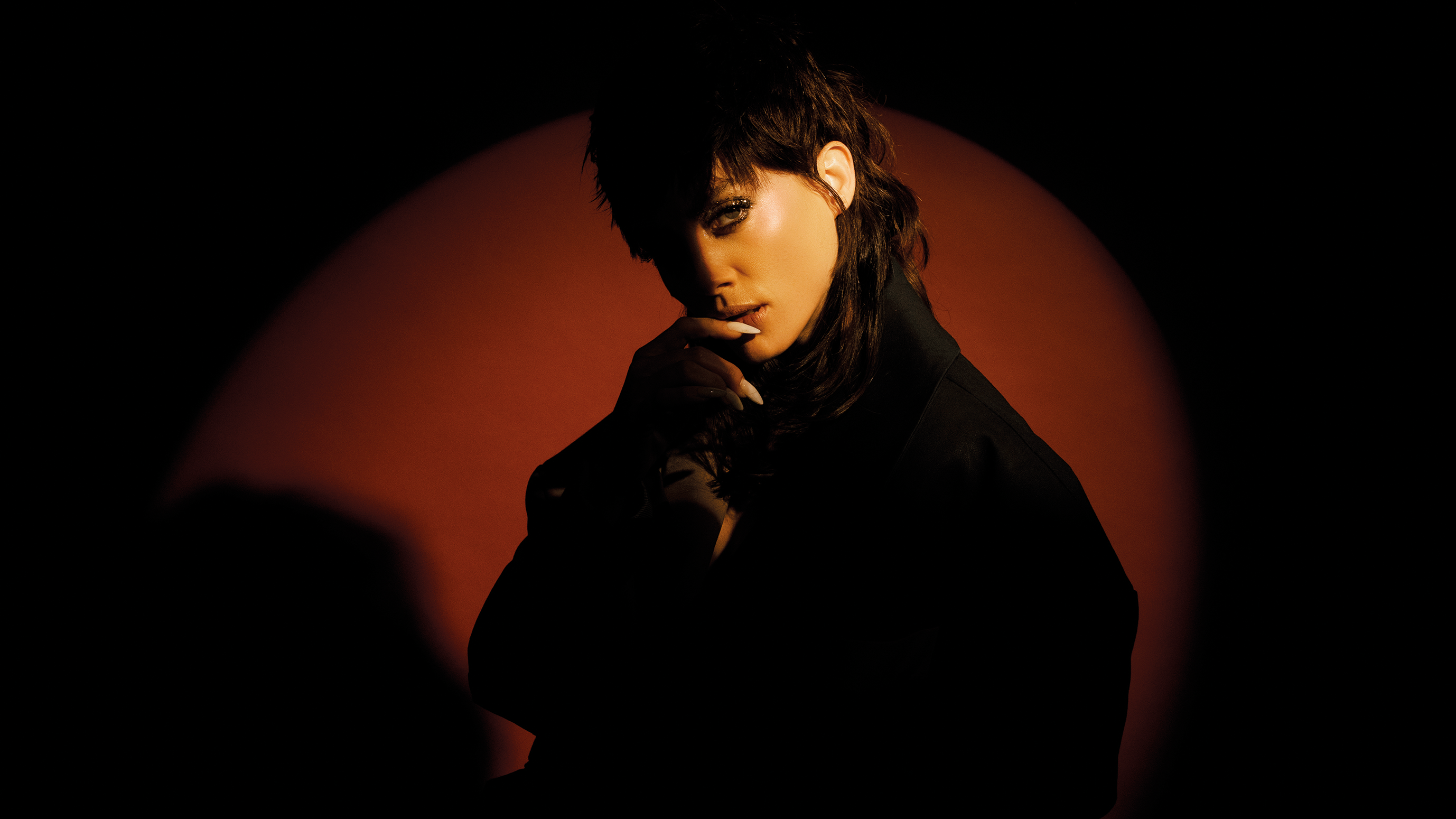
Described by The Guardian as “Israel’s most defiant star”, Noga Erez channels any issues that affect her through her music.
She’s certainly not one to be afraid to take on all aspects of culture head on, and has done just that, covering everything from questioning government policies to the over-availability of prescription drugs in releases like her 2017 debut album Off the Radar and new album Kids.
Yet, surprisingly, it’s a tactic that has, if anything, gained her more success than the serious mandates might suggest. And she certainly doesn’t describe herself as a political artist and nor is her music in any way ‘just’ a message.
Her blend of alternative EDM and pop has won a huge audience the world over – not to mention her track Dance While You Shoot being used in an Apple ad – and she has performed across the US and Europe (with more dates planned this year and next).
These high-profile outings have covered everything from festivals like SXSW, Roskilde and Great Escape to a performance at the Rio Olympics, yet it might not have happened without a serendipitous crash course in Ableton Live…
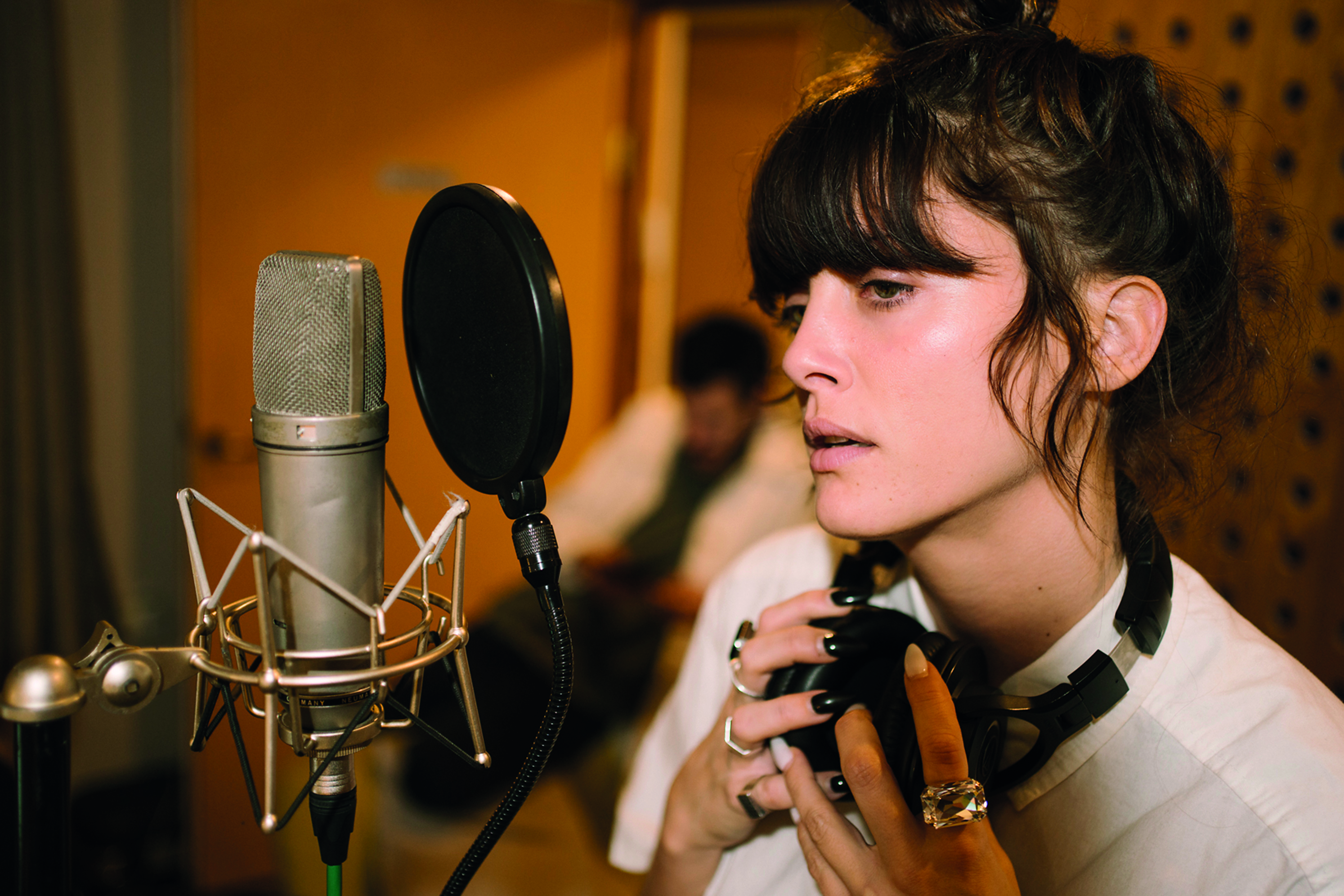
Tell us how you got into music.
"I’m a music lover first and foremost. I grew up in a home where music was played all day. I never thought it would be something I would do for a living. I kinda rolled into it, ignoring how unstable I always knew it was, both financially and as a lifestyle. It’s almost like I couldn’t resist making it part of my life.”
Get the MusicRadar Newsletter
Want all the hottest music and gear news, reviews, deals, features and more, direct to your inbox? Sign up here.
When did you get successful?
“I used to teach singing for a living. I had many students and it was a good job. When we started touring with Off The Radar I stopped completely. But being able to make this my job allowed everything else to become so much better; having that focus on my passion while that passion supports my life. It’s a good place to be in. I cherish that every day.”
What is your overall philosophy?
"I think that just letting myself get really swept away by whatever it is I’m passionate about is my philosophy. Being with whatever makes me curious, even if it’s not something that I believe would make it onto the radio or make me money or take me anywhere specific. I just can’t find a better compass to show me the way than what makes me content at that very moment.”
Tell us about your ‘computer music’ production history?
“I used to be a fully acoustic semi jazz/classical musician – notes and all that fun stuff. It made me feel smart but really, it slowed me down.
I just love shit that does the dirty work for you like Gullfoss from Sound Theory
"At my second year in the Jerusalem Academy of Music I was like, ‘I need more freedom to express all the shit that’s going on in my head’. I always thought I was a technophobe. In a way I still do. So I took lessons to help me find my way through Ableton Live as well as some sound lessons. My teacher became my creative and life partner – Ori Rousso.”
Tell us about the gear in your studio.
“Our thing with gear is weird. We just don’t own all that much. In the past few years Ori and I have been moving between studios, using whatever facilities they had. It’s sweet and nomadic, but very confusing when it comes to the mixing part of the process!
"We finished Kids at a studio called Springhill Sonorities, a small room with a wall full of Rolands (Juno-60, 106, SH etc) plus Moogs and an Arturia; synths and drum machines that you can spend the rest of your life exploring. But the main thing was how this room sounds. Damn. The best sounding room I worked in. ATC speakers and sub, really amazing acoustic.”
What are your favourite plugins?
“Ori is here and he says Decapitator. I just love shit that does the dirty work for you like Gullfoss from Sound Theory.”
We take time away from the track to listen back with fresh ears. When we come back, 80% of ideas get moved to the trash
How do you tend to start a track?
“Usually a track starts with a 4-8 bars beat created by Rousso which is usually enough to get ideas going. And then, it’s hard to say something that will describe all songs because it goes in a million different directions.
"Sometimes what you start with is the hook, sometimes it’s a verse. Structures are usually being heavily discussed later in the process, when we kinda feel like we have all the good material in place. Then we work on how best to tie them together into something that feels like a song.”
How do you know when a track’s done?
“The biggest question. My answer at the moment is: ‘deadline’! Our nature is to continue trying to perfect a song; that can go on forever. It’s because, really, finishing something creative is always about cutting a process in the flash. We think we can do better but at some point we just do different.
"Deadlines have always been good for us, and luckily we have people who set those for us. But even if you don’t have people setting them for you, setting your own deadlines is important. It makes the process itself better too. Knowing something had an ending puts everything in perspective.”
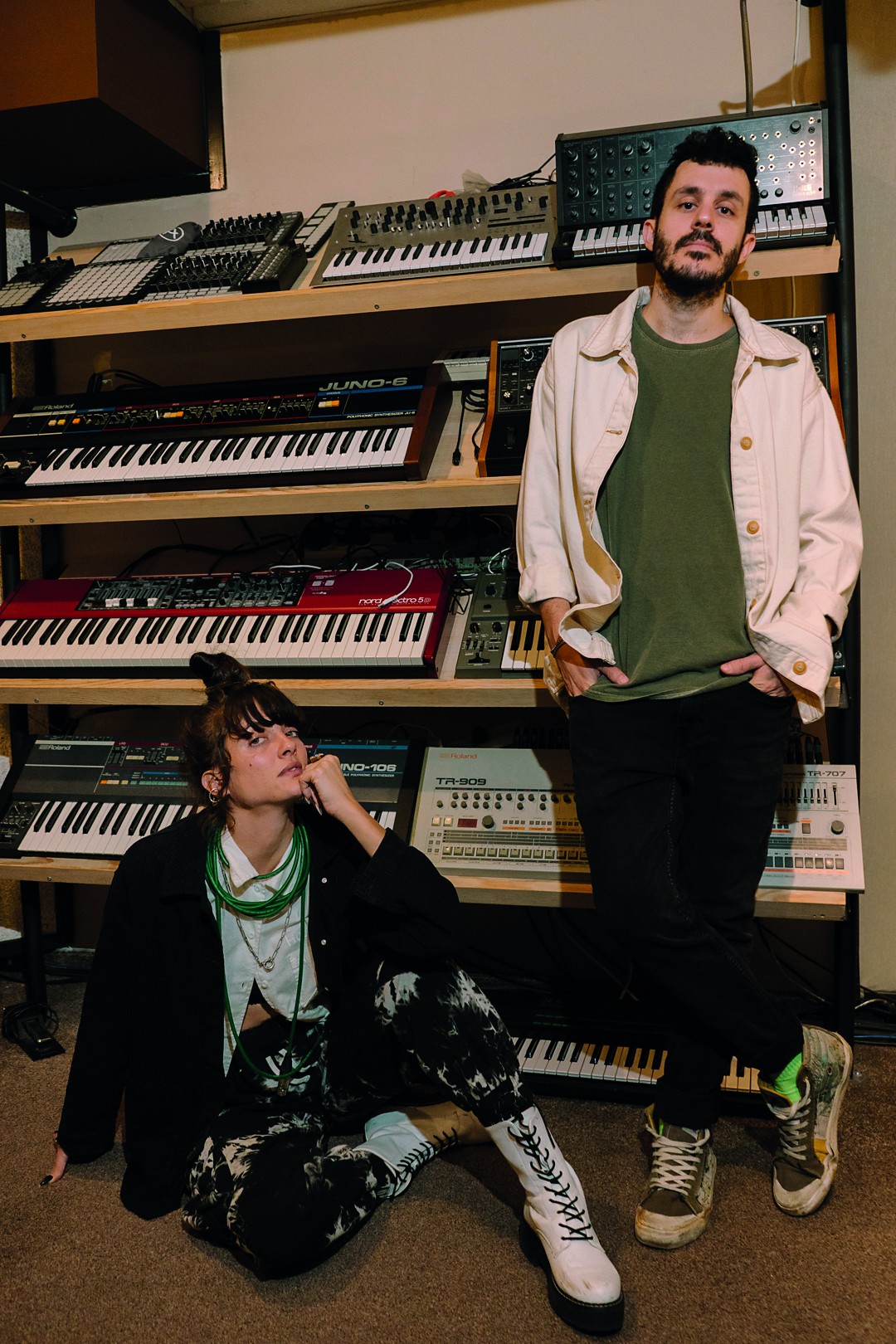
Do you have any production tricks?
“We use the first step as a playground to throw around ideas. We don’t limit ourselves. That stage is supposed to be non-judgemental. We play like that for a while before we get any conceptual or stylistic thinking into things.
"That is why the production is always sounding very rich with ideas. We take time away from the track to listen back with fresh ears. When we come back, 80% of ideas get moved to the trash. We create more and then clean some more. At the very end, until the very last hour of mixing, we mute channels.”
What would you like to see developed in terms of studio technology?
“I’d love to get rid of cables cause they’re ugly – ha! I’d love for everything to be designed for the most basic user, so you can just tell the software what you want and it will be done. I don’t know how. I feel like we could have really great music here if technology continued to attempt to simplify for creatives.”
Understand that you are doing something outstanding, weird and incredible
What’s on your gear wish list?
“Honestly, an acoustic piano. No idea which. We had a really cheap, beautiful-sounding one at home that we borrowed and had to give back. A piano is always a good place to start an idea, but also, it’s a good place to check yourself when you are a producer. Going back and playing a song on the piano is the best test to check whether your song is based on production more than you wanted.”
Any advice for playing live?
“Understand that you are doing something outstanding, weird and incredible. Take it easy on yourself and have a sense of humour. But also, know that not many people get to do what you are doing at that moment.”
What about studio advice?
“When you listen back to something you’ve created, listen once with your eyes closed, and the second time with something to write notes with.
Work with people who are extremely passionate about what you do. Know that no-one is ever going to be as passionate about it as you
Make sure to stay focused and not get distracted while you’re working.”
Any other more general advice?
“Work with people who are extremely passionate about what you do. Know that no-one is ever going to be as passionate about it as you.”
What have you got planned?
“We have a huge US/EU tour. I really hope we get to do it all but at the same time I’m scared. Ha ha! We also have a full acoustic version album coming up as well, with all the songs from Kids arranged for an acoustic ensemble. That’s gonna be quite awesome.
"I honestly can’t wait to be back in the studio and write new music. I feel like I have a lot of new shit to tackle.”


Computer Music magazine is the world’s best selling publication dedicated solely to making great music with your Mac or PC computer. Each issue it brings its lucky readers the best in cutting-edge tutorials, need-to-know, expert software reviews and even all the tools you actually need to make great music today, courtesy of our legendary CM Plugin Suite.




